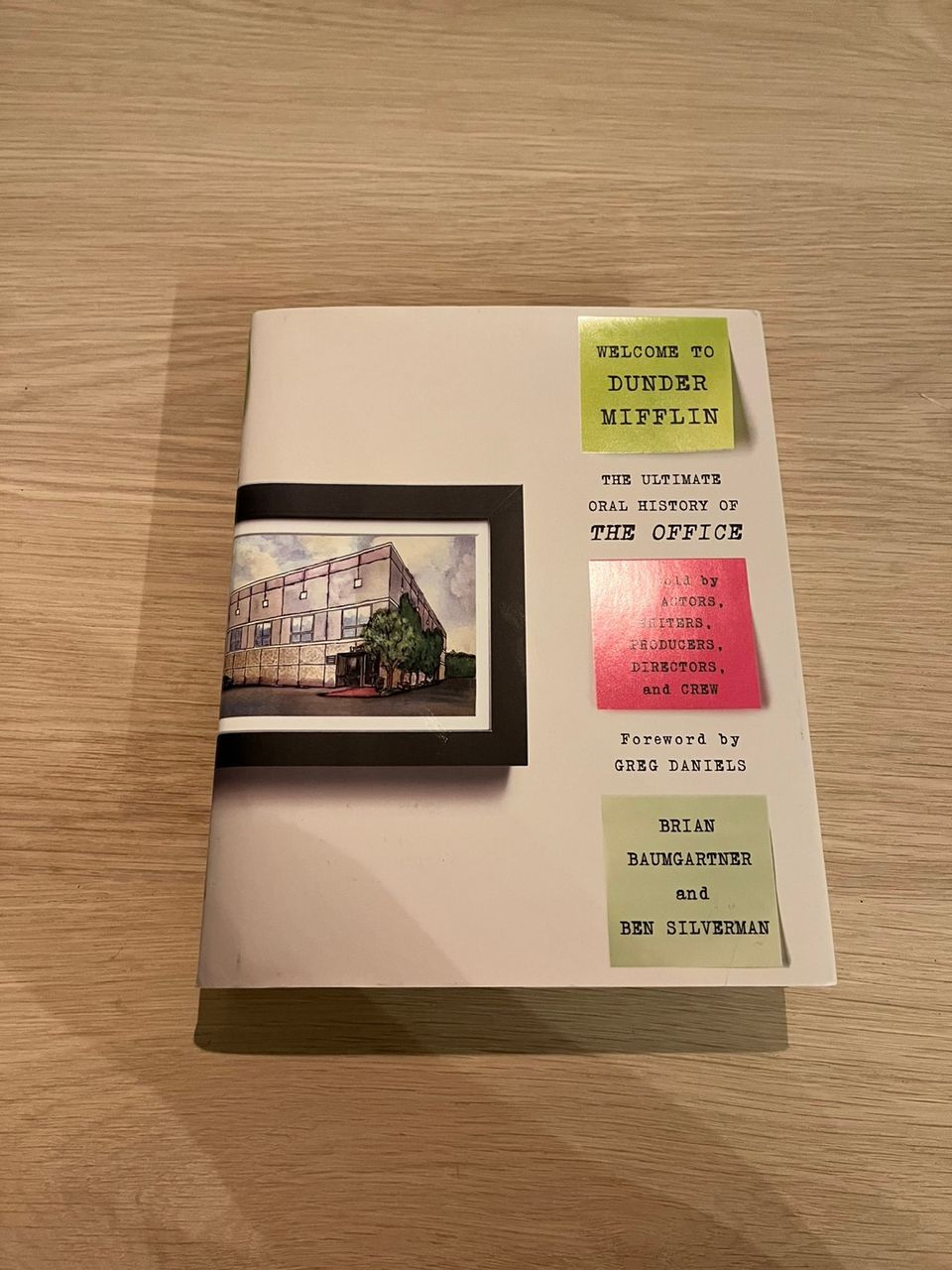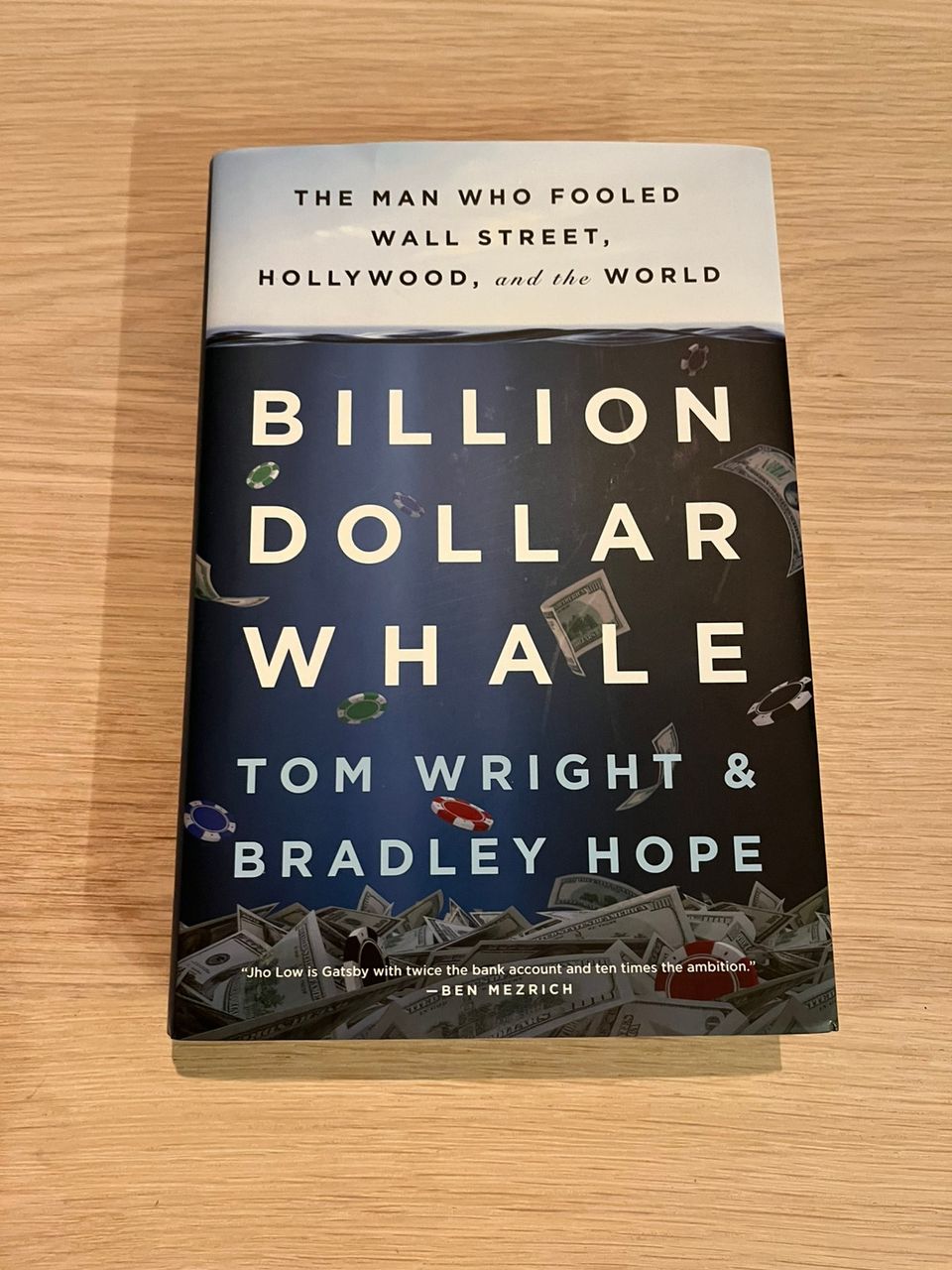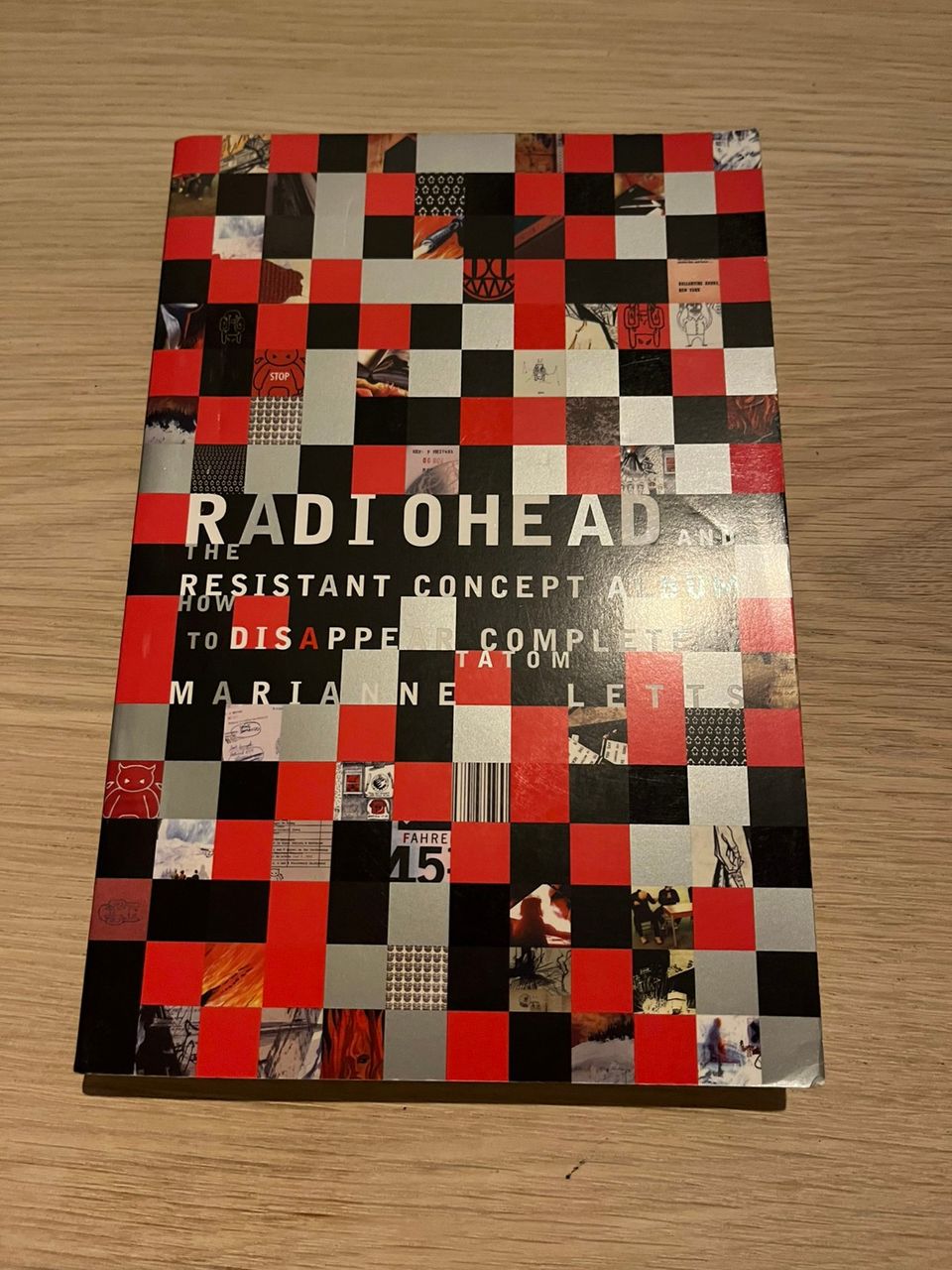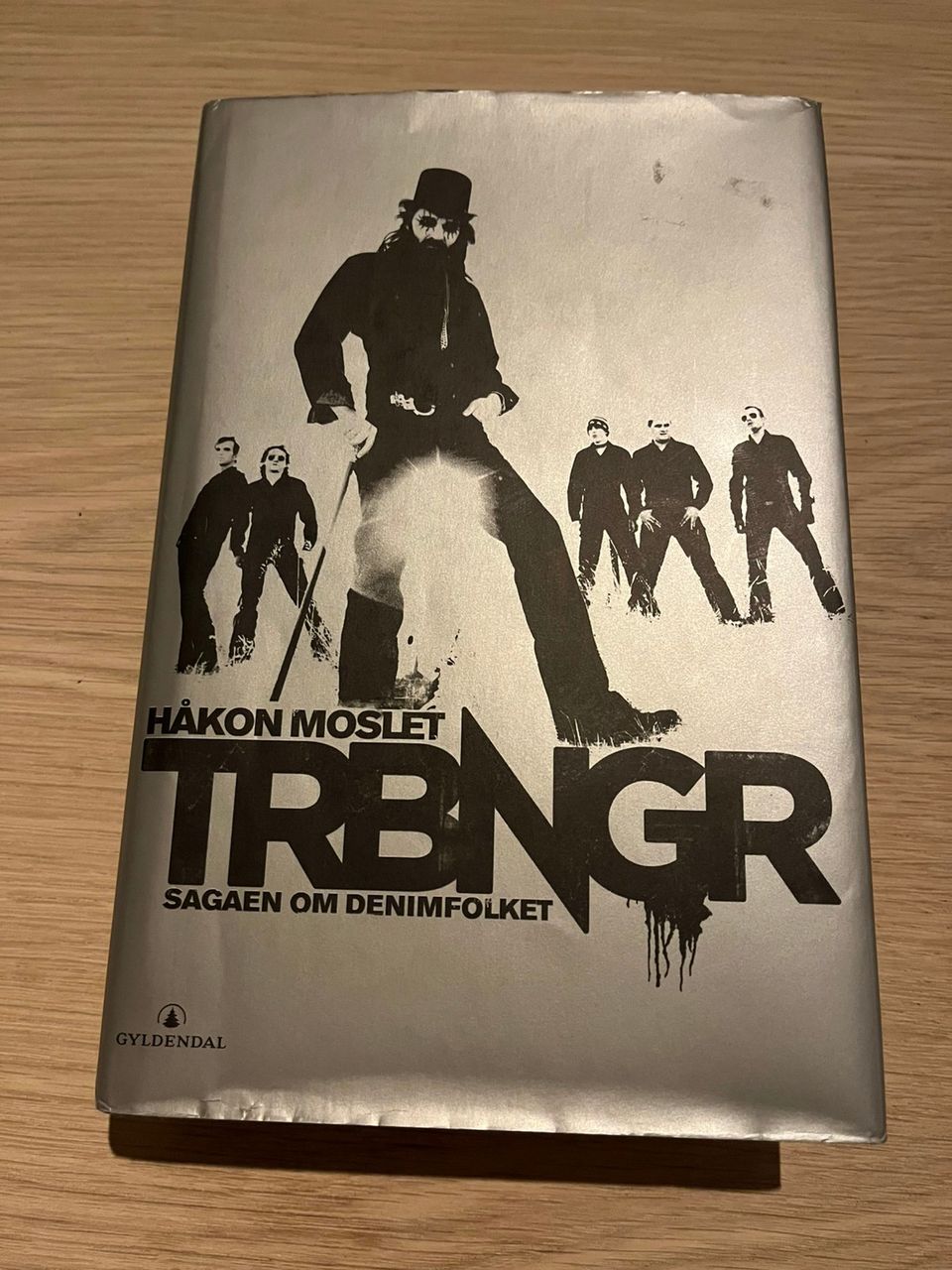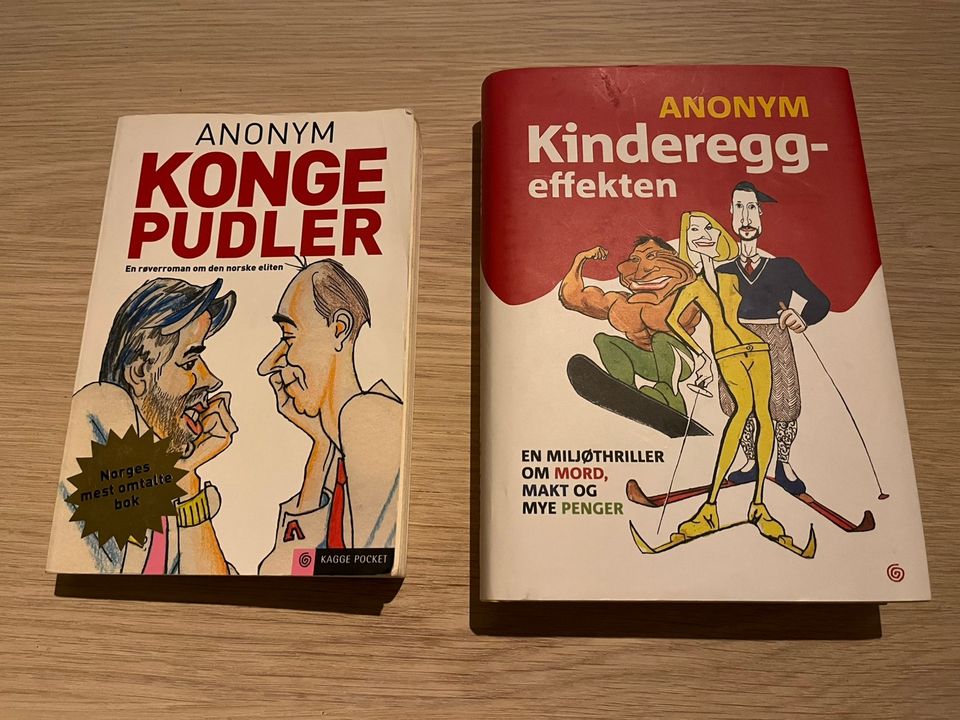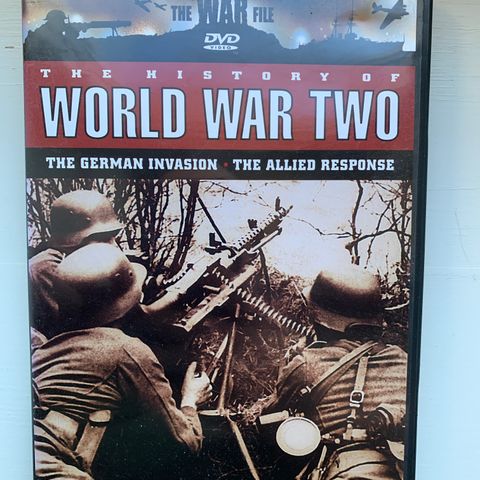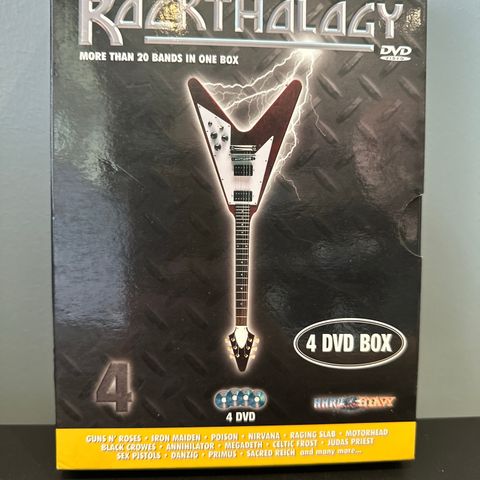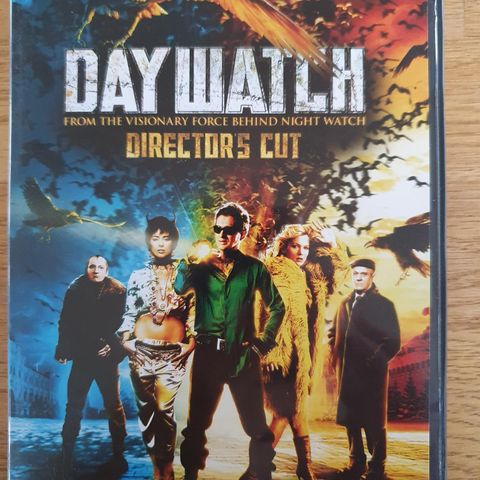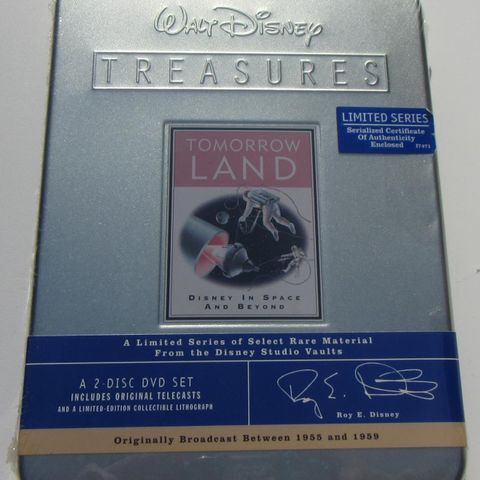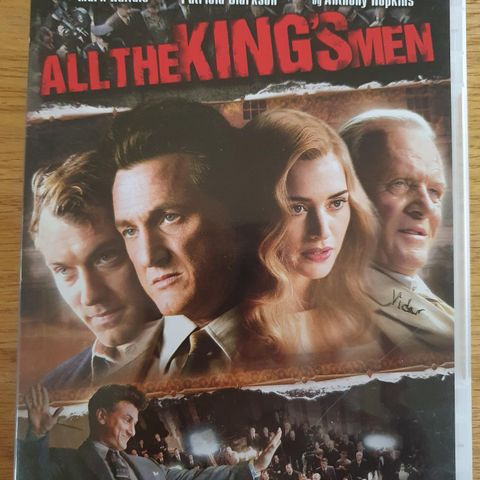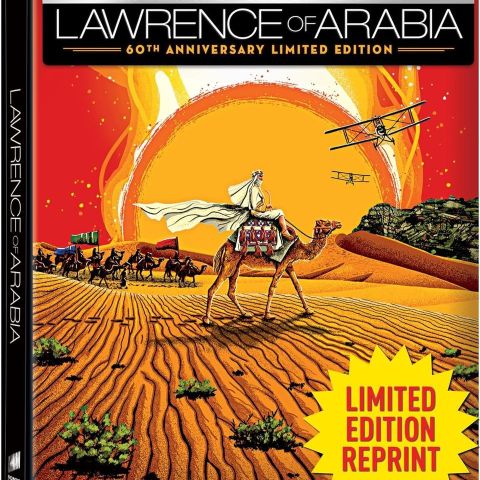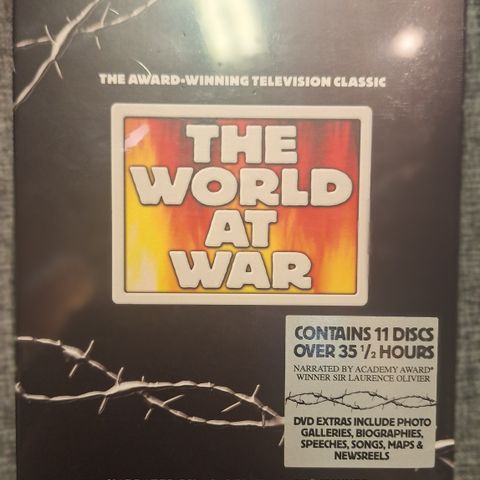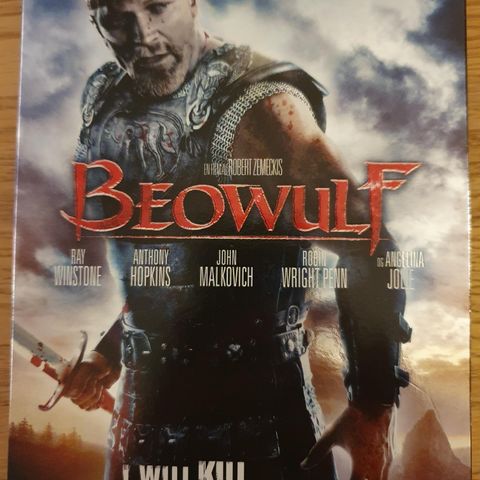Bildegalleri
DVD - The world at war
Beskrivelse av varen
Tilstand: Pent brukt - I god stand
32 timer special collection edition
Without question the most definitive analysis on the Second World War that has ever been produced. This excellent set of 10 DVDs can be purchased separately or in a special collectors edition set. Either way, you are getting the best chronicle of the politics, the propaganda, the battles fought, and the ethical questions raised from the darkest period of the 20th Century.
Lawrence Olivier narrates his way through 26 hour-long episodes, 15 of which are directly related to battles fought; the invasion of France, the Battle of Britain, the African War, the war on the Russian Front, Pearl Harbour, the War against Japan etc. The remaining episodes are dedicated to the political, economic, social and ethical aspects of WWII; A New Germany - Hitler preparing for War whilst Europe stands by, Occupation – what it was like to live in a country under occupation. Inside the Reich – 1940 – 43, Germany’s heyday, food & clothes in the shops, but the grip around the Reich was tightening. The Bomb – the dropping of the atom bomb on Hiroshima and Nagasaki. Genocide – the concentration camps and “The Jewish Solution”.
The menu screen is an excellent “timeline” where you can select different episodes on this series and see what period of history they spanned over. Obviously you need to have the right DVD to select certain episodes of the timeline. Due to the events of WWII, the series is not told in a chronological way; therefore you can find yourself jumping around the timeline quite a lot. I do advise that you watch the episodes in the succession they were originally shown as knowledge of previous episodes helps your understanding of later ones. You can watch them in any order, and they stand-alone as excellent, comprehensive articles of that particular chapter of the war – but I feel the background information gained from earlier episodes helps immensely. The episode order is only shown very briefly when you put the DVD in and I have to say this is my one bugbear about the whole collection. The timeline itself does not show the episode order and I believe it’s an oversight as it is not easy or necessarily logical to distinguish the order of the episodes. Surely by sticking a number in front of the title on the timeline would have been an easy indication to go by.
The information is presented in a very unique style, it is quite cold, clinical and rather detached. There is little or no bias here, just a portrayal of the events, whilst the pictures show the courage, heroism, and horror without the usual propaganda of one particular side in the conflict. This is the view of the Second World War from a generation who were all born around or after the War and therefore were too young, or completely detached from the actual events themselves; which means it can communicate WWII to the whole of Generation X without us rolling our eyes upwards at people recanting old war stories.
I have stated that the style is cold and clinical, but the emotion conveyed in this series is anything but! The shocking reality that every nation turned a blind eye as Germany built up its armed forces from as early as 1933 – could surely only mean one thing. Germany, Italy and Japan all had dictatorship uprisings around the middle 30s, and towards the end of the decade, Germany started colonising its neighbours with superior technological warfare. The surrounding nations were powerless to stop the advance of the Reich yet the signs that Germany once again wanted to rule Europe had been there a full six years before actually going to war. The Nazi “Festival of Light” is shown and the book burning that took place. A poet at the time stated “where you burn books, you eventually burn people” how prophetically true!
The whole of mainland Europe fell under the Nazi banner, and there was only one country that stood alone – who knows what would have happened if we had been geographically connected to France? Would we have survived? Is it our nature, resolve and brave RAF pilots that saved us? Or was the English Channel our greatest defence? …but to top it all off we were very nearly beaten!
The attack on Pearl Harbour by Japan was quick and devastating. The majority of the US fleet was actually in the harbour when it got bombed. Were they expecting this attack? No, not at all. However, a sleeping giant was awakened, as the full manufacturing and manpower force of the USA was unleashed.
The war in North Africa seemed long and tireless. It raged for two years, with each side gaining, and then loosing ground constantly as though a large pendulum swung over the battle map showing who had currently got most ground.
The war in India was the jungle war. Soldiers were constantly wet as the monsoon rains fell for months. To the Japanese this territory was familiar and therefore they assumed victory, however the British soldiers learnt to adapt…
The Japanese way of culture and way of life meant that her soldiers were among the best in the world. The only thought they were given was how honourable it would be to die in battle for the Emperor, so they saw surrender as a very weak option done only by inferior people. To this end, their treatment of prisoners of war was amongst the most terrible. The torture and cruelty they inflicted has to be seen to be believed.
It was amongst the most terrible, but that final accolade ends with the Germans and their treatment of the Jews. Again, perceived as an inferior race they were treated despicably, and Hitler wanted as many killing as possible. The concentration camps were set up for two reasons, to exterminate as many as possible as quickly as possible, but mainly to stop the trauma that the German soldiers were going though killing individual Jews with rifles. They were set up to ease the pain of the German soldier, and paid no mind to the suffering of the Jews. And in this episode (Genocide) is the most horrifying footage of all. After the camps had been liberated, too many of the remaining survivors were too weak to move, and died within a few days in the camp… even though they were free. The liberators then set about burying the bodies. There were so many that tractors were used to push very thin and haggard specimens of the human body into mass open graves – the tractor driver steering the hundreds of bodies with one hand, and in the other a handkerchief held up to his nose - truly terrible. The pictures speak for themselves. This literally was hell on earth.
And these are just a few of my memories of this excellent series. There are more, too many to go into detail here, but needless to say it affects you and does give you a new found respect for ordinary people living in extraordinary times. They put their lives on the line and millions were sacrificed in order for us to enjoy the freedom we have today. Remembrance Day is now a lot more significant for me than it ever was. Admittedly this day is to honour the dead soldiers in WWI, but I think it really stands for any war or conflict where people have given their lives for us to live in a better world, without the tyranny or darkness of the Nazi regime that we all could be living under. Remember the dead, and remember the past, and never let the racial hatred dominate our conscious thought again.
Du må være logget inn for å se brukerprofiler og sende meldinger.
Logg innAnnonsens metadata
Sist endret: 30.1.2025 kl. 18:32 ・ FINN-kode: 391325652




